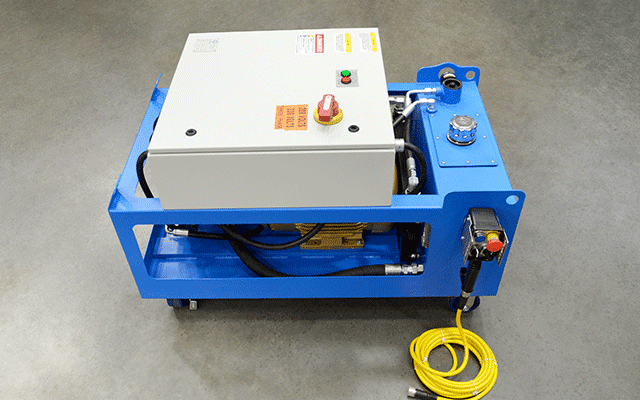Pesticide residue in paddy: Centre to develop SOP for two formulations, but exporters want more
The Union Ministry of Agriculture and Farmers’ Welfare has launched an initiative to produce a common running treatment (SOP) for two pesticides so that paddy farmers can produce very good agricultural procedures and keep away from the presence of their residues in rice exports.
On the other hand, rice shippers are trying to get the inclusion of much more pesticides in acquiring these types of SOP. The two pesticides for which SOP would be developed are Tricyclazole and Buprofezin.
“The EIA (Export Inspection Company) examines basmati and non-basmati rice consignments for 22 pesticide residues when they are transported to Europe. Shipments to other countries, far too, are tested for pesticide residues. But lately, the government launched a programme to produce SOP for only two of the pesticides,” lamented a rice exporter, who did not desire to be identified.
The exporter claimed that Indian rice shipments facial area challenges regarding some fifteen pesticides, and the government ought to have launched the initiative to produce an SOP for at the very least these.
SOP for safe use of pesticides
When contacted, Agricultural and Processed Meals Goods Improvement Authority (APEDA) Chairman Dr M Angamuthu informed BusinessLine that the Ministry of Agriculture experienced initiated the improvement of “SOP for safe and judicious use of pesticides precise to use of Tricyclazole and Buprofezin”.
Beneath this, APEDA is organising “sensitisation programmes for farmers toward very good agricultural procedures and judicious use of pesticides for export-oriented production of rice”, he claimed.
The exporter claimed that the marketplace was doing work with farmers on very good agricultural procedures and paid out at the very least ₹100 a quintal better than the marketplace cost for pesticide-cost-free rice.
“These pesticides will be analyzed and analysed for acquiring SOPs. But when EIA is knowledgeable of the selection of pesticides that are leading to challenges, we believe much more ought to have been incorporated,” the exporter claimed.
Tricyclazole is a fungicide utilized for managing leaf and panicle blast in paddy. The formulation is banned in the European Union. The fungicide is absorbed quickly by the paddy plant, which aids it conquer fungal attacks on the plant.
Investigation experiments
Investigation experiments clearly show that the chemical can have harmful results on people ensuing in reducing overall body pounds. It could result in human replica other than leading to eye and pores and skin irritations and headache.
Buprofezin is an insecticide utilized to control pests these types of as mealybugs, leafhoppers, and whiteflies in crops. It is also an insect expansion regulator. This could be harmful to people if exposed for long, with the liver very likely to be influenced owing to toxicity. The EU has banned the use of this pesticide on food stuff and feed crops because 2017.
The rice exporter claimed that the SOP has been in the works above the past few of a long time under the pesticides board’s initiative.
An agriculture policy qualified claimed that the emphasis has turned to Tricyclazole and Buprofezin because lots of rice export consignments are remaining detained overseas owing to residues of these formulations.
Tricyclazole is utilized by paddy growers when the weather turns humid. “Farmers have no choice but to use the chemical to control fungal assault,” the qualified, who did not desire to be identified claimed.
The challenge has cropped with new versions and shorter period crops. For example, the new Basmati versions are of shorter period, and the plant expansion comes about for the duration of July-August when the humidity is substantial in North India.
The humidity would make the plant suspect to a fungal assault, and the farmer has to use the pesticide to conserve his crop, “which he nurtures like his own child”.
On the other hand, with mechanisation getting above, farmers in South India have to wait for their turns for managing harvesters on their field. This sometimes will result in the crop owning to wait an additional ten-fifteen times prior to harvest.
The farmer would not want to threat any pest assault for the duration of this time, ensuing in spraying the pesticide. “This is also just one motive why no alternative has been developed to this,” he added.
A analyze on “Impact of pesticide residue on the export of Basmati rice” by Ankur Prakash Verma and Vinod Kumar of Sardar Vallabhai Patel University of Agriculture and Technology claimed Indian exports had been facing challenges in developed nations these types of as the EU, Japan, Australia and the US as the pesticide residues exceed the permissible limit.







